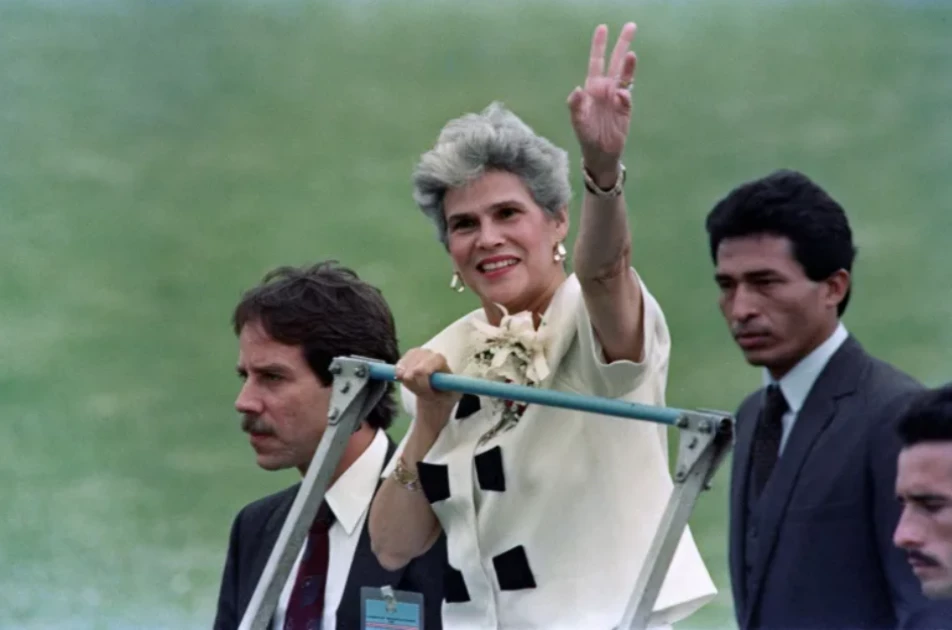Edited by John Hatt
978-1780602318
Eland
Guideline Price: £25
Norman Lewis (1908-2003) was one of the most outstanding English travel writers of his generation, who also wrote 12 novels and several volumes of autobiography. Aside from his books, he contributed long-form journalistic essays to The New Yorker, Sunday Times and Observer magazines.
Covering nearly five decades, this collection contains 36 pieces selected and edited by John Hatt, founder of Eland, which has republished many classic travel books. Lewis’s geographical range stretched from Europe to West Africa, across parts of Asia and the Americas.
With a prose style of wit and unobtrusive scholarship, he was noted for his forensic power of observation, often with a whiff of danger. His writing includes an interview with Herman Marks, self-styled executioner for Fidel Castro’s regime, encounters with West Papuan cannibals, and a study of the Sicilian Mafia. In Burma in 1951, when the nation was in turmoil, Lewis travelled on an uncomfortable journey on the Rangoon Express; the last train but one had been heavily mortared and the immediate predecessor was derailed. His train was made up of converted cattle-trucks and “invested with a certain sombre majesty, as it rattled out into the hostile immensity of the plain”.
Lewis’s 12,000-word feature in 1969, about the genocide of indigenous tribes in Brazil, was at the time the longest ever printed in the Sunday Times and shocked the world. It chronicled Brazil’s systematic and murderous destruction – by the government’s Indian Protection Service, landowners, and diamond prospectors – of its native tribes. His reporting inspired the foundation of Survival International, which campaigns for tribal people worldwide.
In Havana, Lewis tracked down Ernest Hemingway, then 60, and at the peak of his fame. He found the writer in his pyjamas, seated on a bed in his residence at Finca Vigía, Havana, drinking heavily and in poor physical shape. To his astonishment, Hemingway poured himself a tumblerful of Dubonnet, half of which he gulped down.
“This was an encounter,” Lewis wrote, “that might have been dangerous and undermining to any young man in the full enjoyment of ambition and hope, because it presented a parable on the subject of futility. Hemingway’s mournful eyes urged you to accept your lot as it was, and be thankful for it.”
Paul Clements’s biography Jan Morris: Life from Both Sides, is published by Scribe









